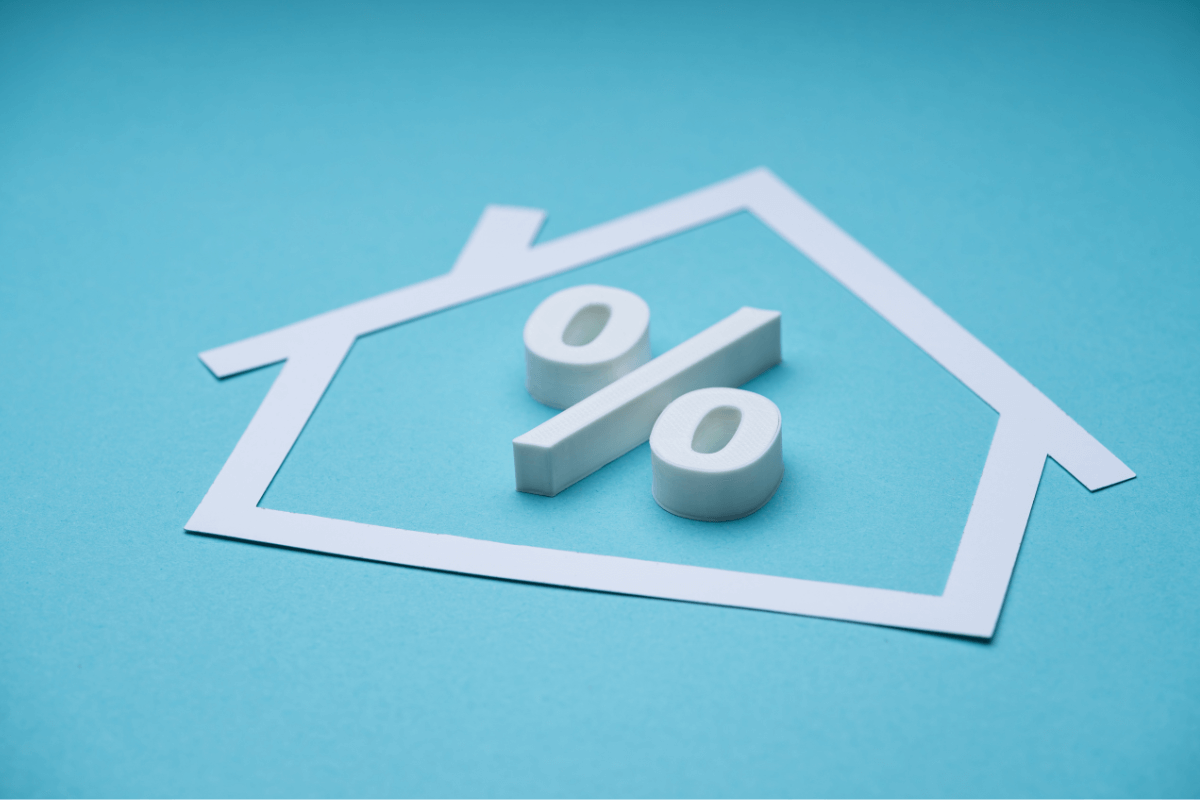Are you considering buying a home in New Zealand? One of the primary concerns for most Kiwis is securing the lowest possible mortgage rate. Many start by visiting banks offering the lowest interest rates, but often find themselves confused by the complex jargon and lack of clear explanations about how mortgage rates work. That’s where we come in!
Below, we break down the top four factors that influence mortgage rates in New Zealand. By understanding these factors, you’ll be better equipped to navigate the mortgage process and secure the best rate for your needs.
Factor One: The Official Cash Rate (OCR)
The OCR, or “Official Cash Rate” is determined by the Reserve Bank of New Zealand and directly influences the floating rate. When banks need additional funds for home loans, they can borrow from the Reserve Bank at a rate slightly higher than the OCR or they can use funds held on deposit with them. Therefore, when the Reserve Bank lowers the OCR, your interest rates will likely drop as well.
Factor Two: Your Deposit
Your deposit significantly impacts the type of mortgage you can get, the length of your mortgage term, and how quickly you can repay it. First home buyers get the benefit of a minimum deposit of 5-10%. Most home buyers, however, need a deposit of around 20%.
Borrowers need to be mindful that bank’s special offerings on interest rates and cash back incentives are better when you are borrowing 80% or less of the purchase price.
Some banks at above 80% will add a low equity fee (a fee that is usually added to the loan) or will add a low equity margin (an increase on the interest rate usually available). Either way your interest rate will be higher if you have a low deposit.
Factor Three: Economic Factors
The major influence on rates is inflation. Here in New Zealand, the Reserve Bank has a mandate to keep inflation between 1 and 3%. With inflation sitting well above that band for sometime the RBNZ has looked to bring it under control by raising the OCR. When rates are higher, cost of borrowing increases and New Zealanders have less disposable income. This assists in bringing inflation down.
Factor Four: Fixed or Floating
The type of interest rate you choose significantly impacts your mortgage costs. The two types are:
- Fixed Rates: Your interest rate is fixed for a period of 6 months to 5 years. This provides stability for budgeting, but you may risk missing out if rates drop and you have locked in for too long.
- Floating Rates: Your interest rate fluctuates with market changes. While you benefit from potential rate drops, you might also risk rate increases. Borrowers have flexibility in repayment structures and options include revolving credit and offset mortgages.
Still Have Questions?
Understanding the housing market and mortgage jargon can be challenging. If you have any questions or want to go over anything mentioned above, reach out for a no-obligation chat, We’re here help.

